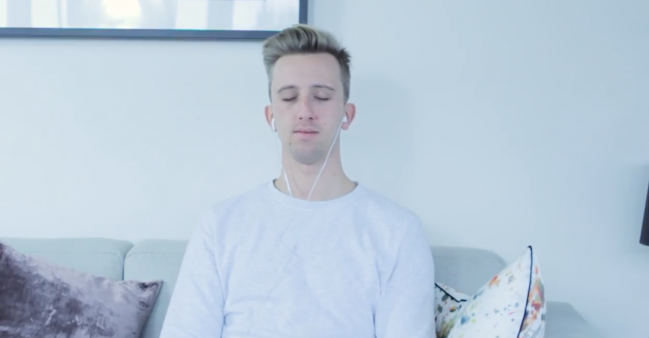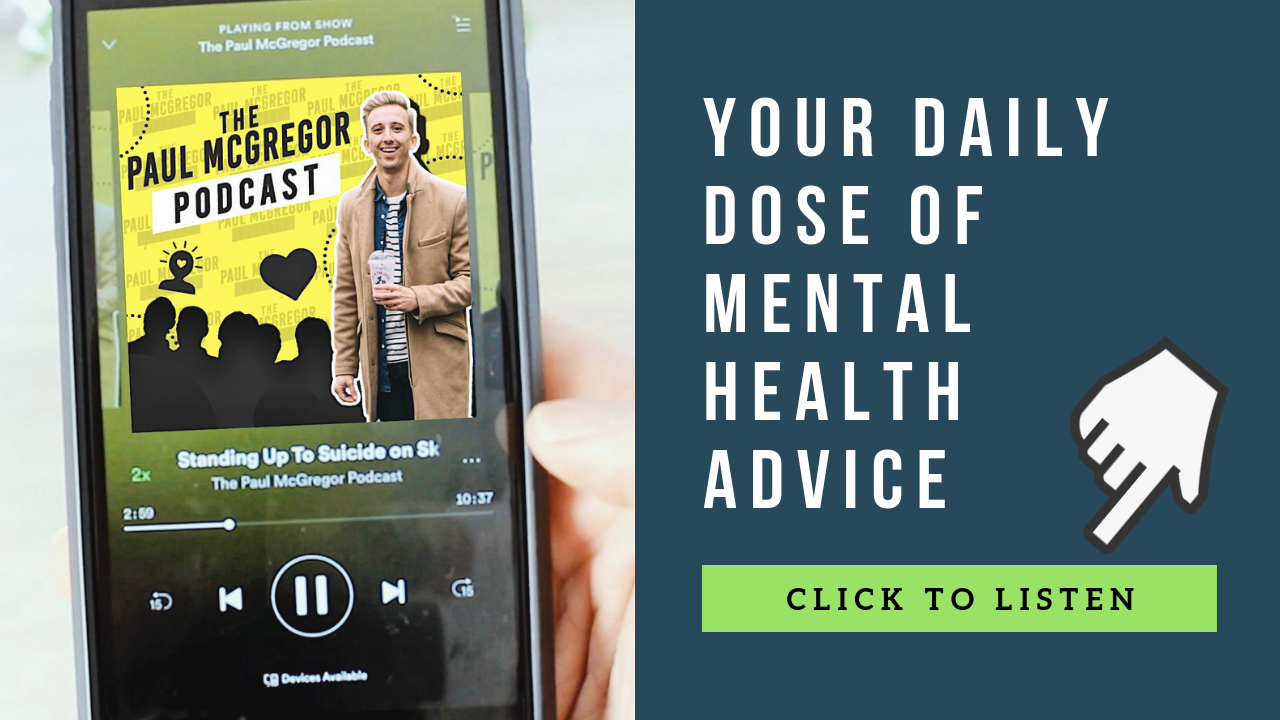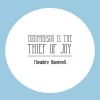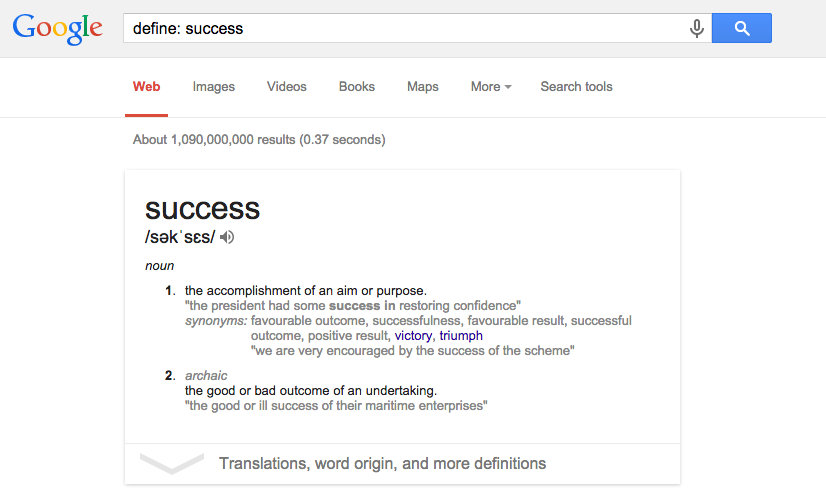Do you remember going into the Library as a child?
“Shh, be quiet” your parents used to say.
The librarian would give you that piercing stare if you took your voice above a whisper.
But silence is hard to go by today.
Every household will typically own at least one TV, and the variety of channels to choose from is endless. We’re connected at all times through smartphones and tablets, the streets are getting crowded and our place of work is never quiet. Your favourite music can easily be streamed with a few button clicks, social media keeps us connected with friends, family, co workers and even celebrities. The volume of life is increasing, it’s a noisy place to live in.
So when was the last time you truly sat in silence, with no distractions for 15 minutes?
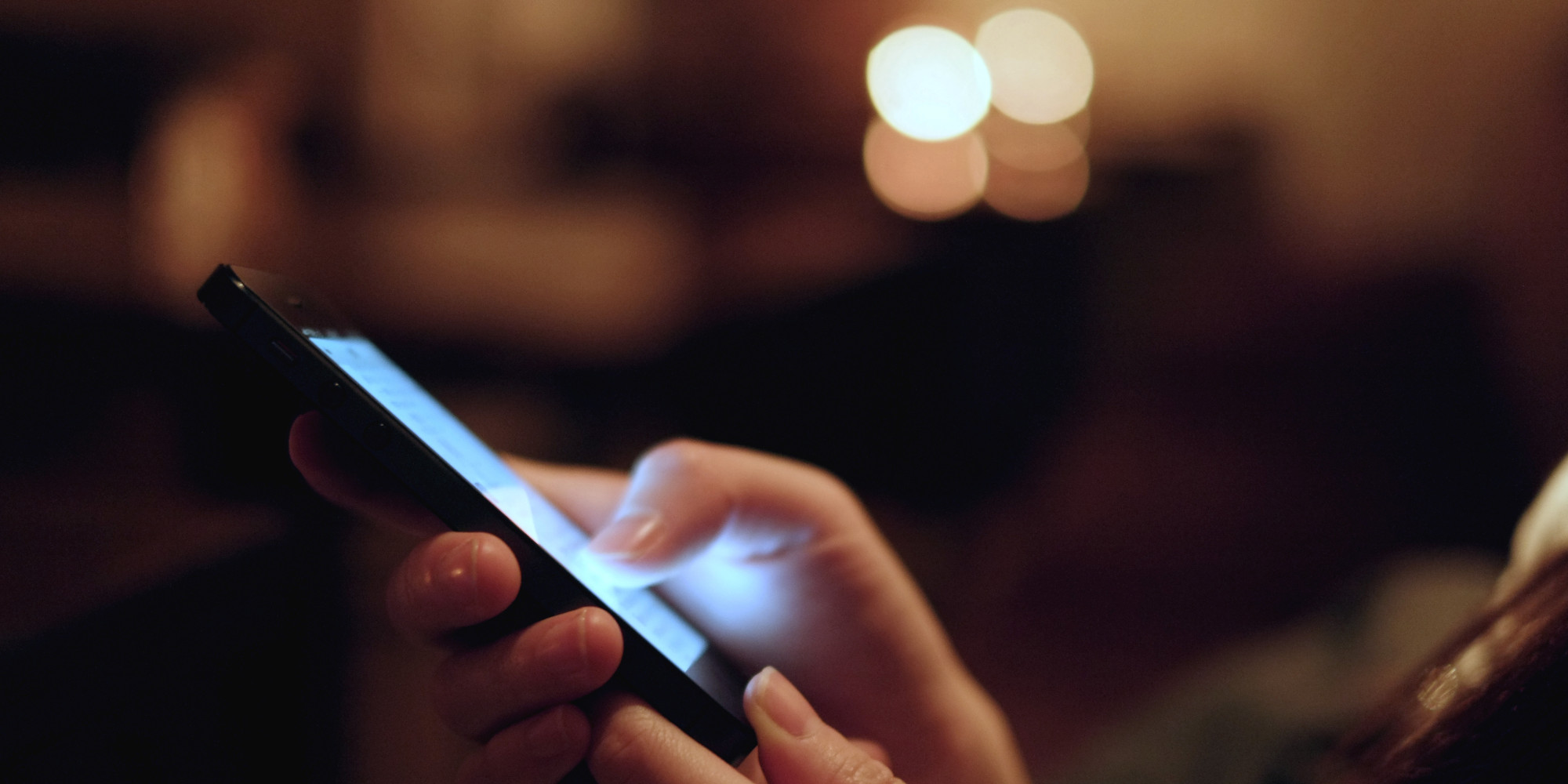
Silence is when we become aware of our thoughts, our emotions and the course of life we’re on. It’s when we become present. That can be scary for a lot of people.
We run away from silence and distract it with noise, putting on the Football, checking our Facebook news feed, messaging friends or reading the newspaper.
This noise acts as a distraction from thought, keeping you programmed to the same mindset containing the emotional traumas you’ve developed that could effectively lead to anger, stress, depression, and other mental health struggles.
You reading this article in essence shows me that you’re not as afraid of silence as others.
You’re currently present, digesting the words you read and being aware with how they make you feel.
Introducing more silence into your life can have an amazing impact on your personal growth.
Did you know the average person has 70,000 thoughts a day?
That’s a busy mind. If a high percentage of those thoughts were negative, what damage could it inflict?
A busy mind typically leads to anger, rage, sadness and insecurity. With thousands of thoughts racing through our minds, it’s hard to make decisions, have connected conversations and handle our emotions.
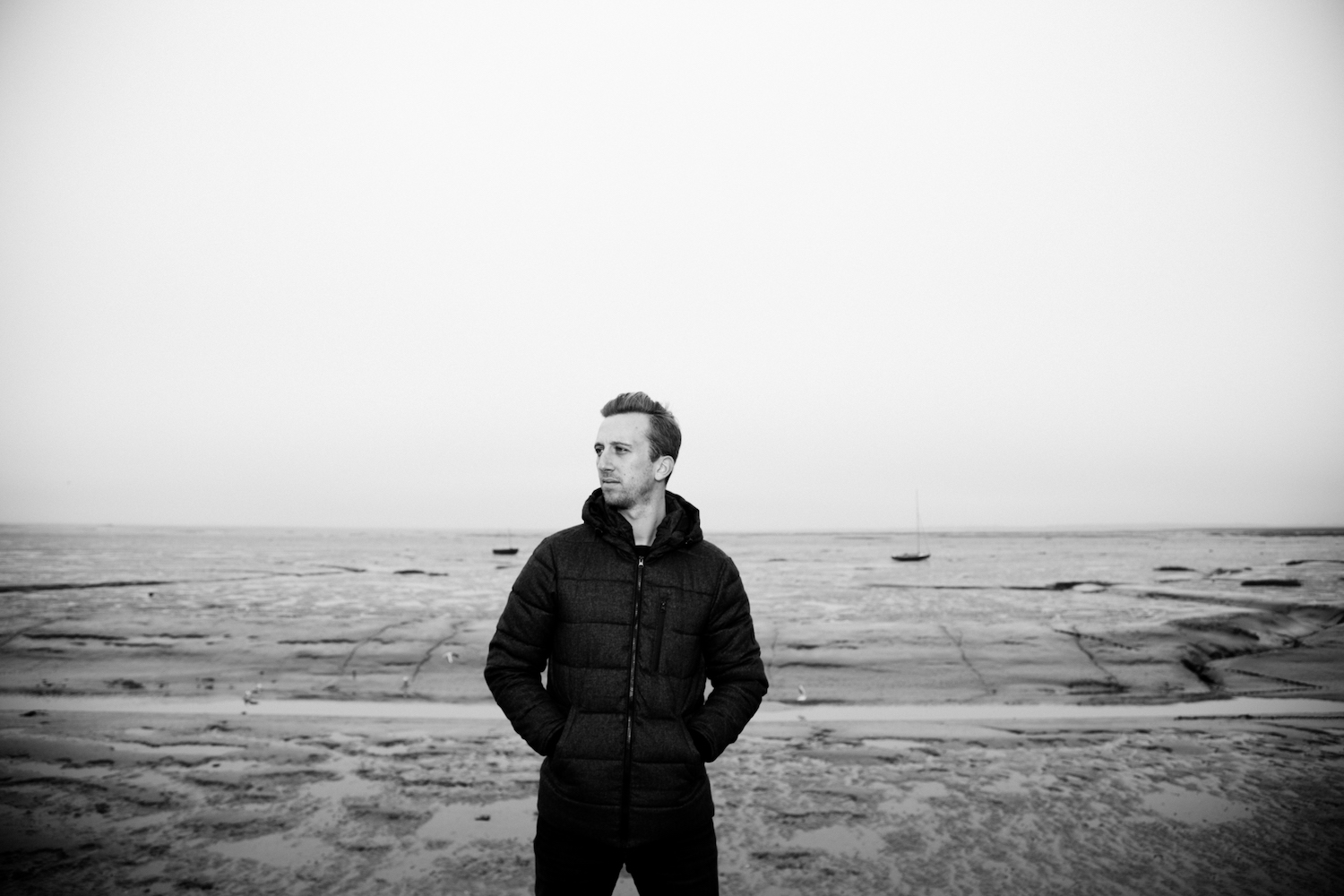
A Simple Mindfulness Practice
I want you to a quick test for me.
Put a timer on your phone that makes a sound when 30 seconds is up, or get someone to help you with this. For 30 seconds I want you to close your eyes and count the thoughts you can catch.
Just 30 seconds, any thought that pops into your mind count it.
It could be “what the hell is this test”, that’s 1.
“Is the 30 seconds up yet?” that’s 2.
“I’m dreading work next week” that’s 3.
Count the thoughts as you catch them.
Ready?
30 seconds, go…
How many thoughts did you catch?
I’ve done this exercise with a lot of people, some registered over 50… which is more than nearly 2 thoughts a second.
By me priming you into this test the number may be lower than you expected, but the less thoughts you had within that 30 second period of silence the better.
Was there something in particular you thought about? What was that one thing that was prominent in your thoughts? Was it negative?
We can become extremely aware of our ‘thinking’ by utilising silence.
Now I want you to try it again.
But this time, I want you to focus on the one thing you do daily without applying much awareness or effort to it.
Breathing.
We take our breath for granted, but it’s one of the most powerful tools we possess.
Before we start think about how you’re breathing right now.
Is it shallow? (Breathing from your chest like most people do)
Or is it deep? (Breathing from your stomach)
The easiest way to tell is if your chest is rising and deflating it’s shallow, if your stomach is rising and deflating it’s deep.
I want you to breath deeply for this, so breath from your stomach.
Now I want you to do 30 seconds again, but this time simply focus on your breathing. Make sure you breath deep and slow. Your in breath should last for about 5 seconds, your out breath 6 or 7.
Slowly breathe in, slowly breathe out.
Simple right?
Close your eyes, and focus on your breathing for another 30 seconds.
Go…
How did that feel?
In fact, how many thoughts did you catch this time?
Typically that number should be lower, because I’d prepared you by telling you to focus on your breathing (not your thoughts).
Heck, you probably wasn’t even counting.
Did you notice a change?

Everyone has a different experience with this small test. There isn’t a right or wrong, there isn’t a state everyone should feel.
Maybe you felt more relaxed, maybe you saw a negative thought as something you could now overcome, maybe you felt nothing.
What’s important to note is with consistency, silence and attention towards your breathing will allow you to feel less stressed, quieten your mind and make better decisions moving forward.
In fact… what you just did is meditation.
You just practiced a form of mindfulness.
Using Mindfulness Daily
Now I used to believe that mindfulness and meditation was something only ‘strange’ people could do. I thought it was for hippies…
Whenever I tried to meditate I always thought I was doing it ‘wrong’.
But in reality everyone can and should practice it.
Even if it’s just what you did there daily, or anytime you feel stressed. A few seconds/minutes of deep breathing, focusing on your breath and seeking silence will help relieve stress and clear your mind
Personally meditation is one of the best tools I now utilise. Like many others I was never conditioned to believe it had an impact and it took me a while to get going…
One of my biggest challenges was the fact my Dad used meditation sporadically.
Like a lot of the emotional conditions I developed after losing my Dad I avoided it and rebelled against it because it ‘didn’t work for him’.
I started to utilise deep breathing to deal with the panic attacks and social anxiety that surrounded my depression and found it effective.
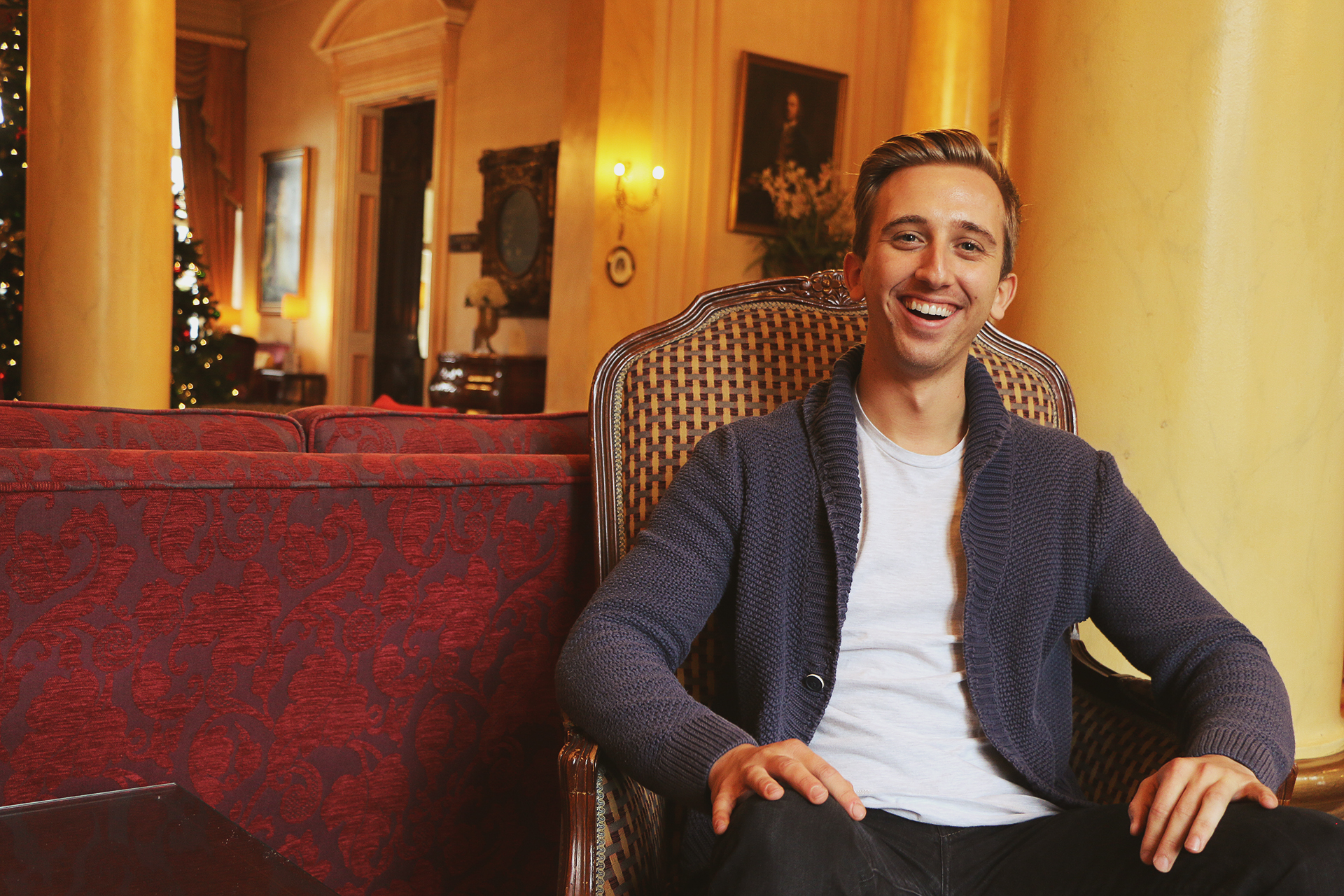
Sitting down in silence and practicing meditation was another ball game though…
I remember being told it’s about ‘clearing your mind’ so when a thought popped into my head I got annoyed and came to the quick conclusion that I must have been doing it wrong.
After speaking to others utilising meditation and doing a bit of research, I quickly discovered there isn’t a ‘right way’ to meditate.
It isn’t about clearing your mind completely, and if you think about what you’re going to eat in the next hour it doesn’t mean the meditation is ruined.
There are many forms of meditation, so experimentation is also key. If guided meditation doesn’t work for you… try something else.
Scientific studies show that meditation aids your health, happiness, brain function and social life.
A few benefits includes relieving stress and anxiety and creating positive emotions. It helps increase immune function and decrease physical pain. It allows you to feel more connected to others alongside improving your focus, memory and creativity.
All of those benefits by seeking silence, focusing on your breathing and relaxing?
Why would you ignore it?
About a year ago I started to use meditation in my morning routine.
I had the realisation that although I had the belief that meditation failed my Dad, in reality it didn’t.
Who knows what would have happened if my Dad didn’t meditate when he did? Maybe the meditation was key to him living for as long as he did. Maybe he reaped the benefits other people did…
The key word to my Dad’s use of meditation was ‘sporadic’. I remember him going upstairs to ‘meditate’ but it was always sporadic. Maybe once a fortnight, sometimes once a day for a week and then he didn’t do it for a month after…
I needed to be consistent with it.
I shifted away from the bullshit excuse I was telling myself to avoid meditation and I committed to just 5 – 10 minutes of silence.
I downloaded the App CALM which consisted of some guided meditations and every morning sat on my couch, focused on my breath and listened.
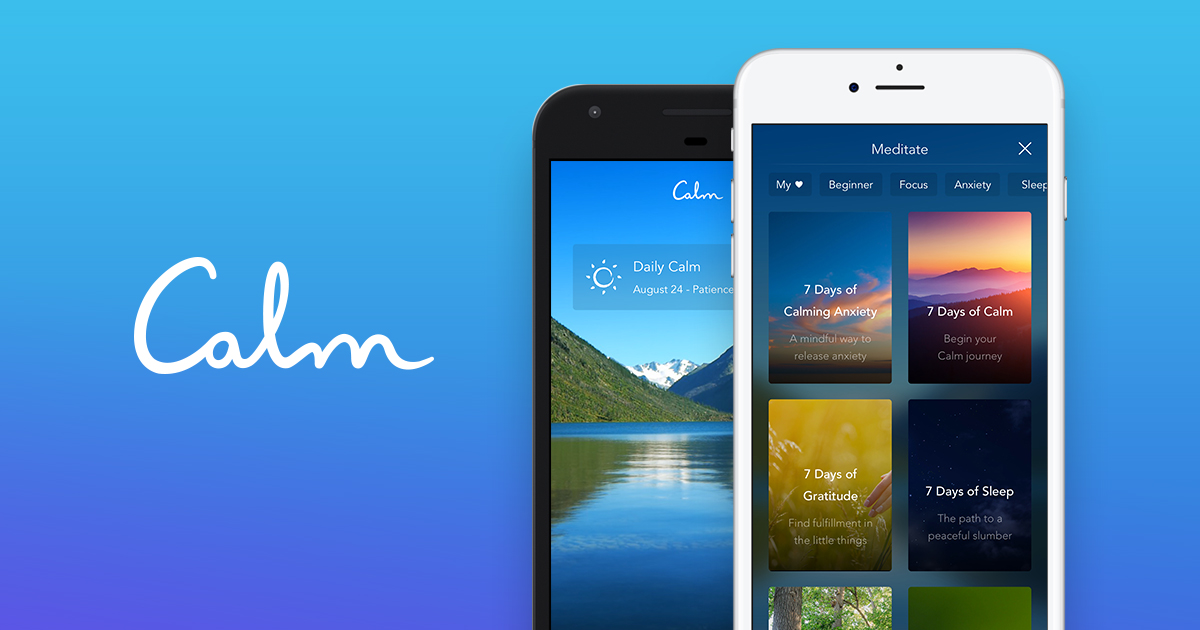
I started with just 5 minutes in the morning, but did it consistently.
After 2 weeks I started to notice the benefits and that 5 minutes became 10.
That 5 minute jump was hard at first, I found myself easily distracted and 10 minutes of silence seemed like an hour some mornings.
I stuck with it and after 30 days I increased it to 15 minutes in the morning.
The benefits were showing, I felt less stressed, I started to discover my true purpose and I managed to feel more connected to others.
It became habit.
As I write this now I find myself meditating once a day for 10 minutes. That seems to suit me. I’ve experimented with hour long meditations, but the change wasn’t much different for me.
The main reason why I stick to 10 minutes is because I can feel calm throughout the day. If I’m stressed, anxious or worried I’ll focus on my breath and relax. I can do this in a coffee shop, on a train, in the shower…
I don’t have to whack out a robe, listen to relaxing music and make ‘ohm’ noises at the top of my voice to reap the benefits.
Don’t overthink it.
Just seek silence, breathe deep, focus on your breath and relax.
Every time you get stressed, anxious, worried, nervous or sad about a situation reflect on those emotions by seeking silence.
